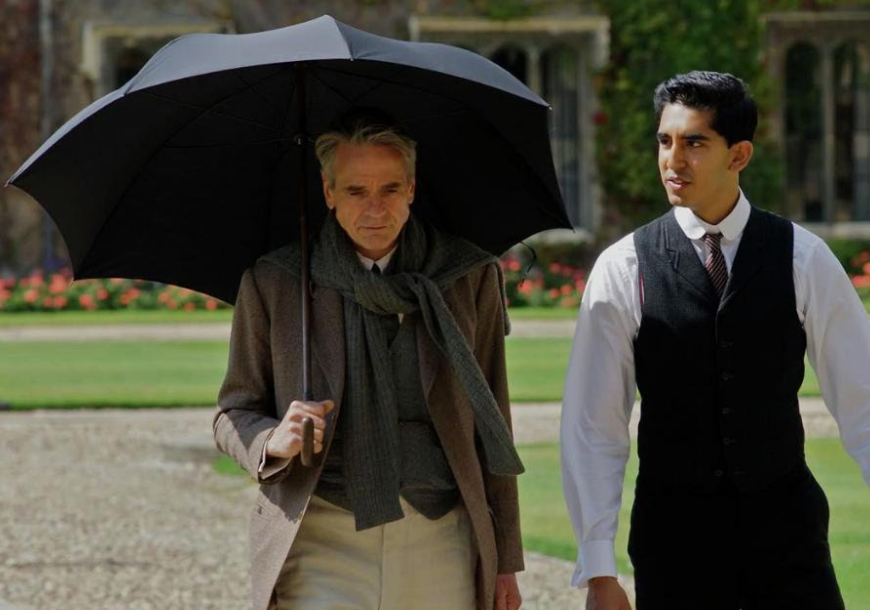‘The Man Who Knew Infinity’ addresses the divine through numbers
“The Man Who Knew Infinity,” in an oversimplified sense, is quite cliché. Yes, it is just so original to describe the story of a poor boy from an underdeveloped country overcoming the odds multifariously, eventually becoming successful beyond the boy’s wildest dreams. Of course, there is the ending: in stereotypical ‘I-made-it-to-the-top-but-the-top-was-cut-short’ fashion, Hollywood directors inserted a sense of longing to the audience by having the unlikely triumph be short lived. In this manner, the film does not merit an A.
Nevertheless, if I strip the movie of the annoyances from a socially awkward and prejudiced Fellow at the University of Cambridge, the unfortunately non-exaggerated discrimination of World-War-One-era England and the failed attempt of Dev Patel to play anything other than “boy genius” or “saint” (as he so brilliantly did in Slumdog Millionaire), the movie was quite enjoyable.
What saved the film from complete and utter disaster was one indispensably interesting aspect: the defiance of stereotypes outside of the racial genre.
Mathematics and math-based sciences are stereotyped by American culture as arid subjects, topics for the “geeks” of the modern world. After all, most of the unpopular characters in other films about the high school period are depicted as highly interested in the STEM subjects, sending the message to the public that it is not a ‘cool’ characteristic to be engrossed in such areas of interest. Yet this movie depicts mathematics especially to be much more than just a series of relationships that help explain the rational world.
The central conflict of the entire film is based upon math genius Srinivasa Ramanujan’s perspective that mathematics is the language of the Gods, that it is possible to find the divine in numbers; that all of the algorithms and formulae that explain the blueprints of the world are pre-set by some superior being, only to be unearthed by the brightest of minds. University of Cambridge professor G. H. Hardy disagrees due to his strong atheist beliefs and his emphasis on not believing anything that is not proven to be true.
This contrasting dichotomy between religion and atheism, belief and proof, is what makes the film worthwhile. Ignore the sappy success story, although, I must admit, it was quite well-done and did make me sob at the end (I will not disclose the ending). Focus on the philosophical symbolism, the clear portrayal of the power of the divine, the stark connection to the religion vs. science contention.
And, above all else, ponder the assertion that these mathematical and scientific relations “must be true because, if they were not true, no one would have the imagination to invent them.”

An avid violin player and lover of TV show The Office, Jackie Sussman ’17 has a life filled with happiness doing the things she loves while surrounded...



























































